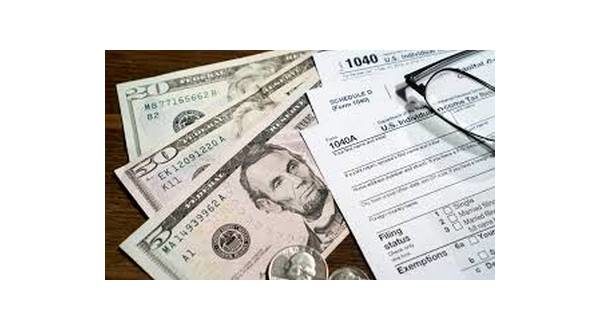
Twin Lakes Area families later this week will begin receiving monthly payments from the federal government based on the number of dependent children they have in their household, but that windfall could lead to potential headaches when they file their income taxes.For 2021, the Child Tax Credit provides a credit of $3,600 for each dependent child under the age of 6 and a $3,000 credit for each dependent child ages 6-17. That credit is typically applied to a taxpayer’s income tax bill, lowering the amount of money owed to the federal government and perhaps even providing a refund.
As part of the American Recovery Act, 2021 taxpayers with dependent children will automatically receive a portion of that year’s credit in advance each month, beginning on July 15 and continuing through December 15.
That money is a credit — not a stimulus — and will be deducted from the amount of credit that can be claimed when people file their income taxes. Many families will see the credit prepayment affect their income tax returns, and some families might find themselves having to pay that money back to the federal government.
Tax professional Marshella Norrell recently discussed the Child Tax Credit on Local Matters with KTLO’s Heather Loftis. For those interested in an in-depth discussion on that issue, episodes of Local Matters may be found at ktlo.com/localmatters.
Norrell explains what exactly the Child Tax Credit is.
Listen:
Receiving a prepayment on that credit is something new for 2021, and Norrell explains how that will work.
Listen:
Norrell says with the monthly checks being a credit — essentially an advance on money that would normally be claimed at the end of the year — taxpayers could see a couple of surprises when they file their taxes.
Listen:
Norrell goes over some of the possible ways the advance credit may trip up taxpayers.
Listen:
Taxpayers who wish to receive their full child credit at the end of the year and not receive an advance check may opt out by visiting the IRS website, IRS.gov. Some people have reported great difficulty in using the website, with some people visiting the site and trying to opt out of receiving an advance but apparently being unable to do so.
Norrell suggested that if a taxpayer doesn’t want an advance but is unable to opt out through the IRS website, they have the choice of saving that money and applying it towards their tax bill at the end of the year.
WebReadyTM Powered by WireReady® NSI










